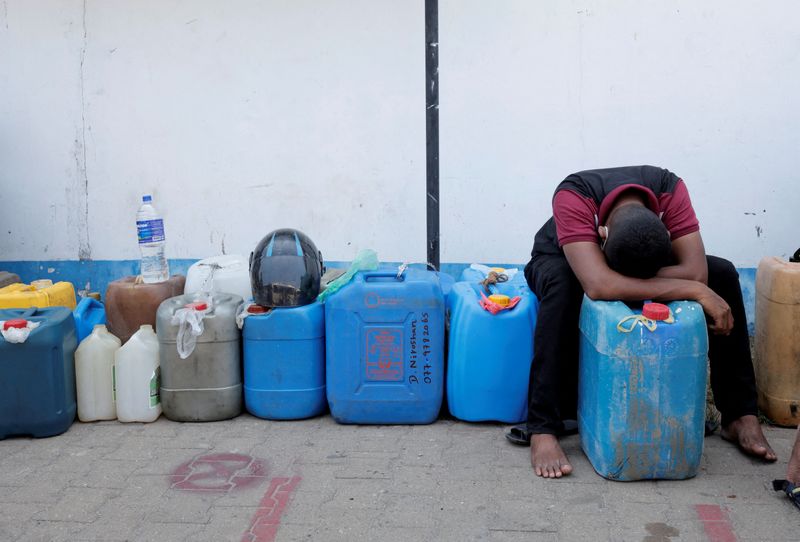Did Russia provoke energy crisis
2022.12.13 07:44
[ad_1]

Did Russia provoke energy crisis
Budrigannews.com – The year 2022 will be remembered as the year that a global energy crisis was accelerated by Russia’s invasion of Ukraine.
Oil and gas supplies already under pressure due to the rapid economic recovery from the pandemic were further strained by the invasion and subsequent Western sanctions.
In a hasty retreat from Russia, the world’s leading energy companies wrote off tens of billions of dollars worth of assets. The post-pandemic inflationary spiral that led to a crisis in the cost of living in many countries was accelerated by natural gas prices reaching multi-year highs and oil prices hovering close to $140 per barrel, both of which were well above all-time highs.
The invasion and subsequent Western sanctions resulted in the breakdown of decades-old supply relationships.
In an effort to keep the lights on, major economies around the world used anything and everything they could find as energy sources. Governments pushed for faster deployment of solar and wind power, as well as the purchase of coal. Climate change targets were put on hold.
In order to support significant utilities like Uniper in Germany, governments spent billions of dollars. The worst power outages in the history of South Africa occurred. Sri Lanka simply ran out of fuel due to its lack of foreign currency reserves.
More Food shortage raises food prices
European nations reassessed their relationship with Ukraine, which had previously served as the continent’s primary supplier of
Since then, Western nations have discussed and begun enforcing price caps on Russian oil, while Europe is discussing price caps on gas and increasing investments in liquefied natural gas (LNG) to meet energy demands.
Michael Stoppard, special adviser and global gas analyst at S&P Global (NYSE:), stated, “We are seeing nothing less than the termination of a successful 50-year partnership on gas between Russia and Europe.” Market Insights.” That is resulting in a recalibration of supply and demand, which will take time and cause us pain until at least 2023.
This contrast is apparent in numerous nations. Poland is the fastest-growing heat pump market in Europe. Residents are increasingly burning whatever materials they can, including hazardous lignite oil and trash, to heat their homes while regulations to reduce smog have been delayed. According to Michal Piszko, the mayor of Klodzko, a 28,000-person town in southwestern Poland, people are saving trash for fuel.
The chaos has not subsided. Supply constraints are also being prepared for by major industrialized economies in 2023, if not for years after that.
Both governments in Europe and the United States increased their use of tax and aid packages to develop nuclear, solar, wind, and hydrogen resources and openly switched to supporting “friendshoring” of strategic supplies to allies, despite the likely higher cost. Not only are their actions intended as a direct response to Russia, but they are also intended as a counterattack against China, developing resources to counter China’s dominance in solar panel production and battery mining.
According to Francesco Starace, CEO of Italy’s Enel (BIT:), “It will be regarded as a seminal year, or really the beginning of a completely new system.” one of the largest power companies in the world. We will all agree that the year 22 and a portion of the year 23 were the years when all of these important events occurred. It’s a time of ending propensities and evolving extremely, obviously.”
As the year draws to a close, prices for heating oil and natural gas have fallen as economic activity has slowed. However, tight supply is causing additional price shocks, so people are still struggling, and it could continue for some time.
“I only heat the room I’m in, and I wouldn’t turn on the heating for more than an hour. And afterward I sit with a jumper, cap and coat on,” said Ruth Johanne, jobless in Coventry, Britain, who can’t stand to warm her entire house in winter








